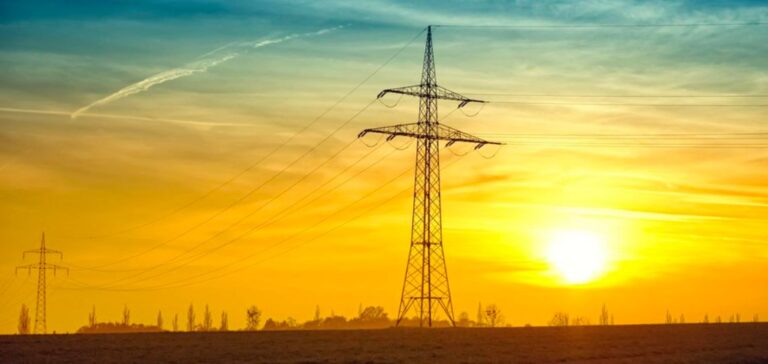The current energy crisis differs from the oil shock of the 1970s, the Bank for International Settlements (BIS) warned Monday in an analysis that examined the risk of contagion to agricultural products and industry as central banks battle inflation.
“Current events are often compared to the oil shocks of the 1970s, but the global economy is very different today,” explain Fernando Avalos and Wenqian Huang, economists for the BIS in a study published alongside the quarterly report of this institution considered the central bank of central banks.
Natural gas and renewables now play a much larger role in power generation, which brings “new challenges”, they say, because of the interaction between oil and agricultural markets through biofuels, “non-existent” at the time.
While agricultural commodity prices have declined somewhat since the start of the war in Ukraine, a “broad and persistent” increase in oil prices could also drive up the price of crops used to produce ethanol or biodiesel.
Corn is a major component of ethanol production, BIS economists note. In the United States alone, ethanol has absorbed 40% of corn production on average over the past five years, they estimate.
And so since the mid-2000s, corn and oil prices have moved “in tandem,” they observe. Rising oil prices encourage more ethanol, which increases the demand for corn and pushes up its price.
But this pressure can also quickly be reflected in other agricultural commodities such as soybeans, which compete with corn for acreage.
Corn and soybeans are also used for livestock feed, so “persistent disruptions in global energy markets can spill over to raise prices for a wide range of agricultural commodities,” they warn.
Unlike in the 1970s, oil is now a much smaller part of electricity generation. But natural gas has gained in importance, with its consumption doubling in thirty years, BIS economists also note.
Shocks on natural gas are therefore likely to have a “substantial” impact on electricity prices, and in turn on industry, which represents on average “more than 40%” of total consumption worldwide.
According to them, restrictions on Russian energy exports will “therefore probably keep energy prices high”. They could, however, “accelerate the green transition, and thus reduce the world economy’s dependence on fossil fuels,” they predict.






















